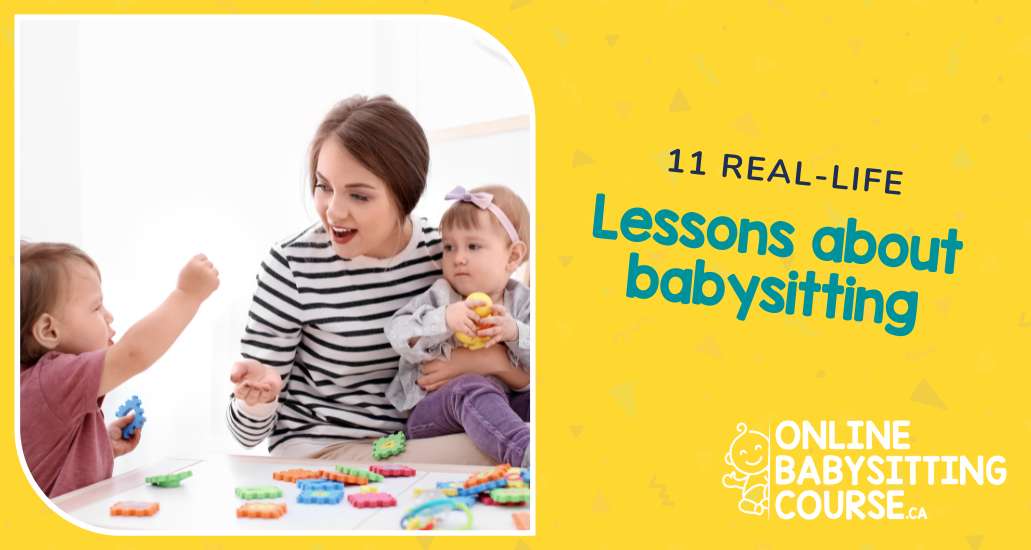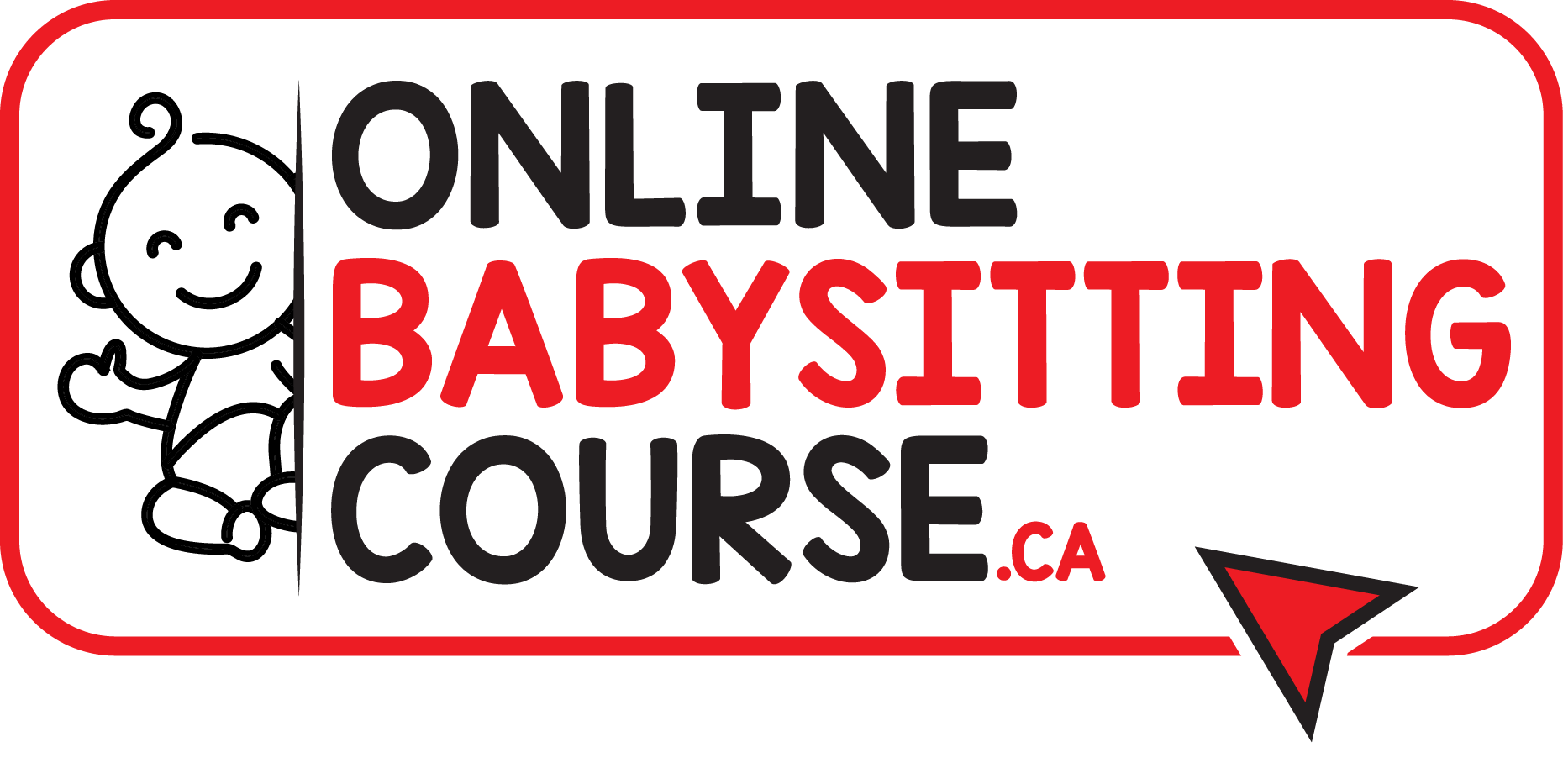
July 18, 2023
- 1.
Safety first
As a babysitter, it's your responsibility to ensure the safety of the children in your care. Keep an eye on the children at all times, especially when they are playing outside or near water. Lock up any medications, chemicals, or other potentially dangerous items. Be aware of potential hazards in the home, such as sharp objects and knowing what to do in case of an emergency. - 2.
Communication is key
Good communication with both the parents and the children is essential. Make sure you understand the parents' expectations and the children's needs and preferences. Be clear and direct when communicating with both parties. - 3.
Always be prepared
Before you start babysitting, make sure you have all the necessary contact information for the parents, emergency services, and any other relevant individuals. Bring along a first aid kit and activities that you can do with the children. Take a babysitting course to learn more. - 4.
Have fun
While babysitting requires responsibility, it can also be a lot of fun. Engage with the children, play games, and have a good time while still maintaining a safe and responsible environment. - 5.
Get to know the children
Take the time to talk to the children and get to know their interests and personalities. This will make it easier to plan activities that they will enjoy and to connect with them on a personal level. Children have short attention spans, so it's important to come up with a variety of activities to keep them entertained. These can include board games, puzzles, arts and crafts, outdoor games, and more. You can also involve the children in preparing meals or snacks, which can be a fun and educational experience for them. - 6.
Patience is a virtue
Babysitting can be challenging at times, especially if the children are misbehaving or not listening. It's important to remain patient and calm in these situations and to use positive reinforcement to encourage good behavior. Take a babysitting course to learn more. - 7.
Set clear boundaries
Make sure the children understand what is and isn't allowed while you are babysitting. This includes rules around screen time, snacks, and other activities. Enforce these rules consistently to maintain a safe and structured environment. - 8.
Keep parents informed
If anything out of the ordinary happens while you are babysitting, be sure to let the parents know as soon as possible. This includes accidents, behavioral issues, or any other concerns you may have. - 9.
Be adaptable
Sometimes, unexpected situations may arise while you are babysitting. It's important to be flexible and adaptable in these situations, and to be able to think quickly and to come up with a solution that works for everyone involved. - 10.
Build trust
Building trust with both the parents and the children is essential. Be reliable, communicate effectively, and show that you genuinely care about the well-being of the children in your care. This will help to establish a positive and lasting relationship with the family. - 11.
Handle difficult situations with care
If a child is upset or misbehaving, try to stay calm and patient. Use positive reinforcement to encourage good behavior, and redirect the child's attention to a different activity if needed. If you are unsure how to handle a particular situation, don't hesitate to contact the parents for guidance. Taking a babysitting course will also help you gain confidence.
By following these tips, you can become a trusted and reliable babysitter who provides a safe and enjoyable experience for the children under your care.

